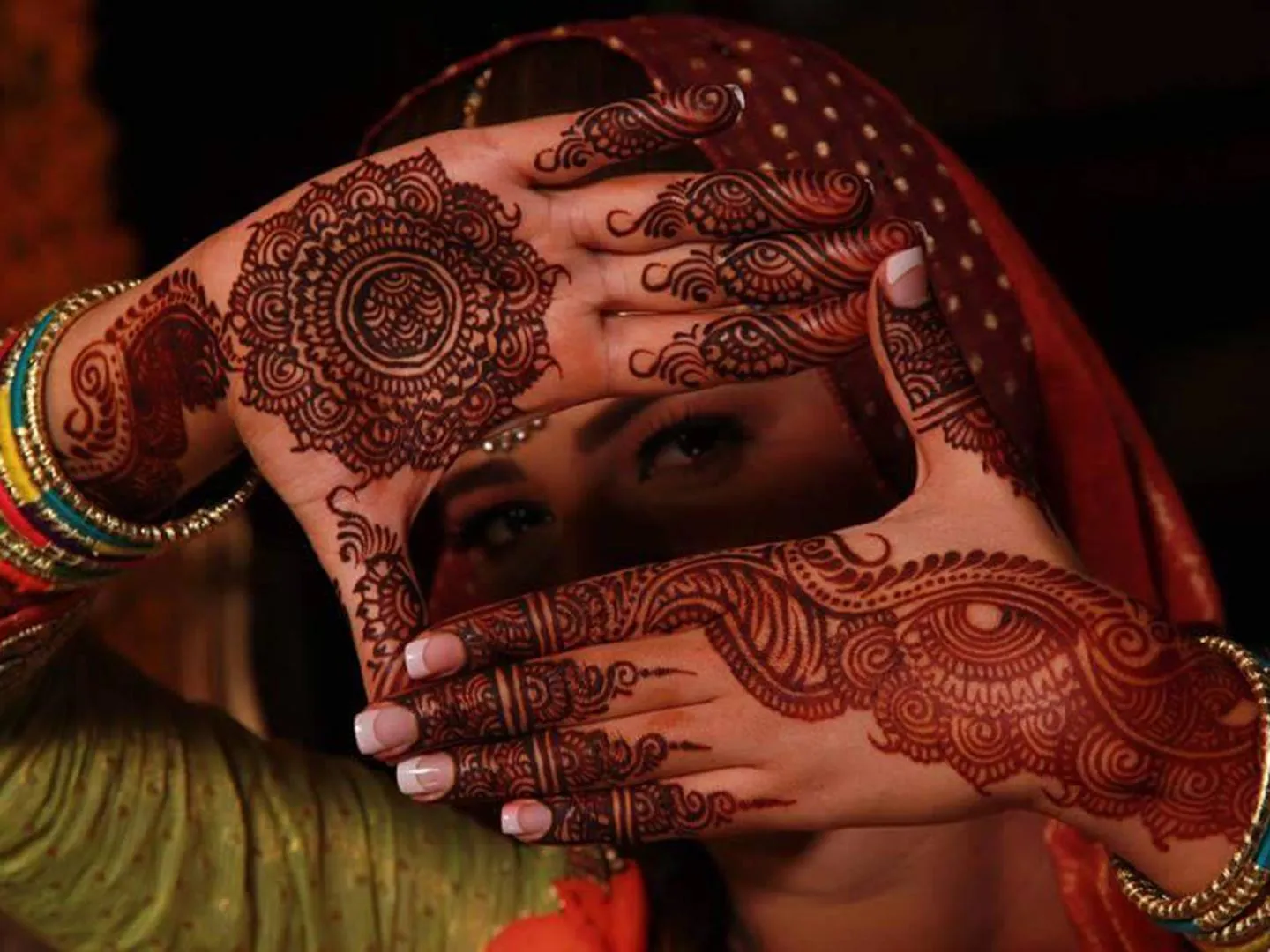“My belief is that whatever your parents decide for you is for the better.”“My parents, especially my father, always encouraged me to do things for myself.”
It would be natural to conclude that these two statements came from different people. But that would be in error. The same woman, a Pakistani friend, shared these sentiments with me not long ago.
Pakistani Marriage Customs
Amira spoke with a sense of security of self, from a position of poise and privilege. She grew up among the elite in Islamabad, Pakistan’s capital.
“In our country, arranged marriage remains quite common. About 90% of marriages in the rural areas today are arranged, usually through family ties. But in the urban areas, it is lower – perhaps half of the total. But even if a marriage is not arranged, it is viewed as a coming together of families, not just two individuals.”
The 21st-century Western mind admittedly struggles to imagine marriage through such formal arrangement; indeed, we believe it contradicts our principles of individual freedom.
“We find that arranged marriages are part of the glue that keeps our society together,” Amira adds. “We do not resent it. In fact, it can represent a type of freedom for us as well.”
Freedom? Arranged? Somebody Else Decides?
As I was trying to wrap my mind around this idea, I listened to Amira tell her story.
“My parents did not force me. It actually happened very naturally. My father and my husband Tariq’s father had a mutual friend. This “Uncle” was the one who introduced us, after getting a first approval from each of our fathers. Having this common connection, a person who cared deeply about both of our families, was a healthy first step, I think.”
Uncle accompanied her husband’s parents to meet her parents for the first time. They came to meet her and her parents, and to see the home. Then the invitation went in the other direction. Amira sent her sister with her parents for that visit to Tariq’s home, and she reported back to Amira.
They brought her a picture of him. Her first impression looking at a military-clad Tariq with his straight face did not convince her. When he came with his parents to her place for the next visit, he did not talk. She could tell he was looking at her, but she could not meet his eyes.
At first she wasn’t comfortable and wasn’t sure how their relationship would go, but she was willing to give it a try. They began a season of “dating,” getting to know one another. During this time, she felt increasingly comfortable with him and began to see how they could make a marriage and a family.
After listening to Amira’s story, I came to realize that the very reason why such arrangements may appear to offer freedom is precisely because the family is involved. Remember Amira’s first statement that what parents decide for you is for the better?
In this context, as it moves towards marriage, the relationship is supported by a larger network of people, and that provides a sense of security, which leads to a sense of freedom.
In a way, when it comes to choosing a marriage partner, this is turning the idea of “freedom” inside out.
Another Cultural Perspective
A Japanese friend told me that arranged marriages are again on the rise in her country, mainly because so many single men and women find it so difficult to find the right person to marry. As a nation with a history of arranged marriage, perhaps the concept in its modern dress “fits” the national psyche better.
Sometimes there is freedom in societal conventions and traditions.
Could Arranged Marriage Work in the West?
It could be easy to argue that arranged marriages won’t work in a Western context of later marriage starts, plunging marriage rates, high divorce rates and cohabitation – many of these arising from the breakdown of the family, especially in the last 50–60 years.
We’ve pursued our individual “freedom,” yes, but it has led to a broken society.
While we have no formal history of arranged marriages, in the U.S. we do have online dating services, “speed dating,” and other forms of “matchmakers,” if you will.
Still, it’s a hard journey.
An almost-40 single female American friend once shared with me, “Although I’ve always wanted it, I can’t manufacture it. I know that I have set into my ways more now, and I expect that someone I’d marry at this stage would need to accept me the way I am. And I’d need to do the same. I’m just not sure that’s possible anymore.”
Value of Interculturalism
Perhaps Westerners can learn from cultures that value arranged marriages. Further development of websites that incorporate input from relatives and friends in suggesting matches might lead to more fruitful and long-term relationships.
Young people listening to their parent’s suggestions and older people thinking more about suitable matches could help some Western young people find their true love. And this could add to the social glue that holds families together.
The way that things are done in Amira’s culture may not match the American style of looking for “true love.” But, if we’re willing to learn from one other, both cultures can grow and become more successful in this key area of love and relationships.
What are your thoughts about arranged marriage? Do you believe there is only one true love for each person, or is success at marriage dependent upon commitment and effort?
Image Credit: Courtesy of J. Afzal, all rights reserved
